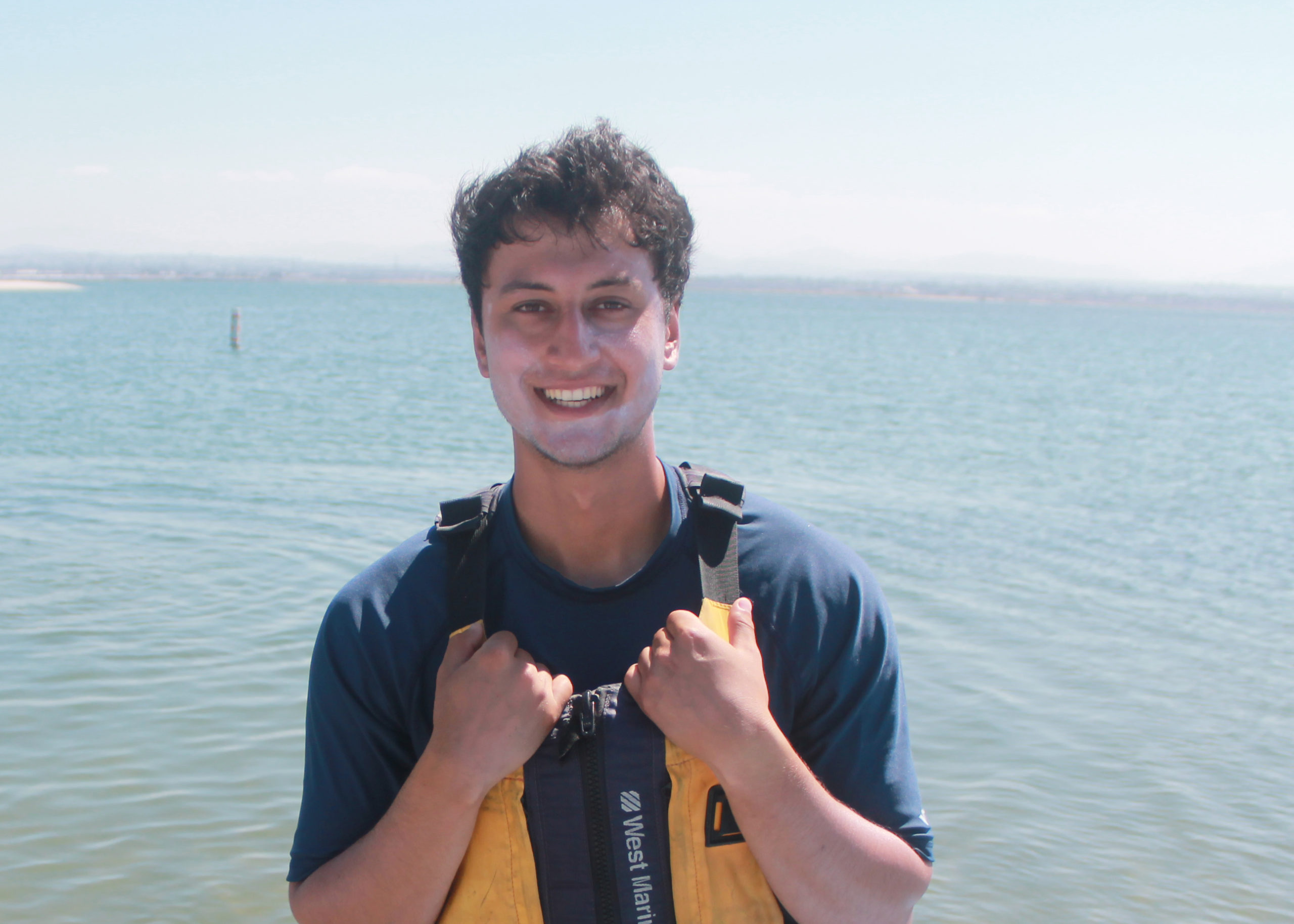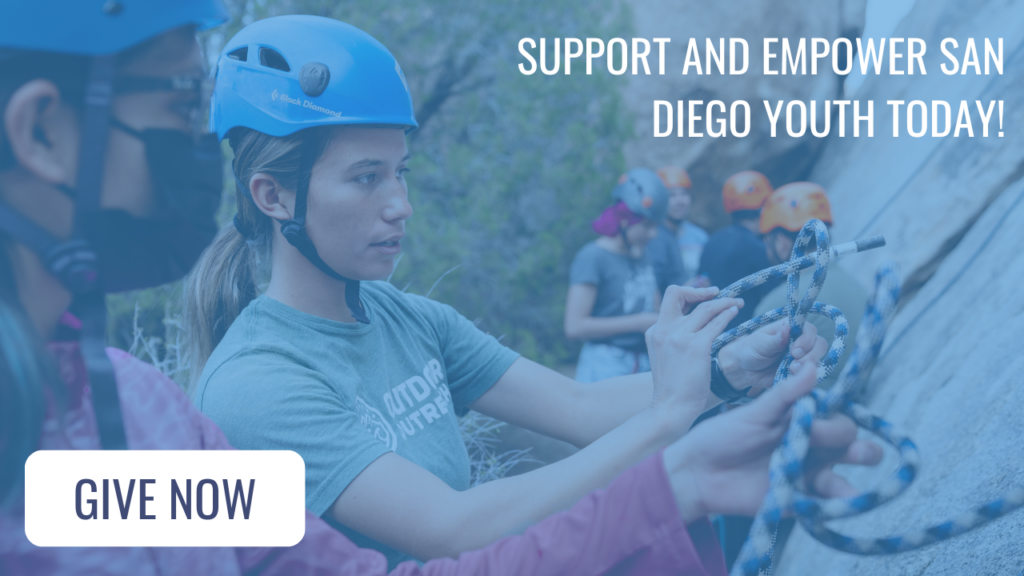One in 4 Outdoor Outreach participants are refugees or immigrants. Many have stories similar to Sameer’s:
“I was born in Kabul. My family and I came to the US 12 years ago, to get away from the Taliban. I was 5; my brothers Sunil and Sahil were 3 and 1. My mom had to come alone first and leave my dad behind —the 4 of us were cleared for a green card, and although it was heartbreaking, my parents decided my mom should do it; leave with us, and figure the rest out later.
I was only 5 at the time, but I remember crossing the border to Pakistan and being scared all the time. At the border, one of the guards had a whip, and I saw him use it on a family right in front of us. My mom did a really good job of sheltering us from the fear and the violence, but I still remember to this day hearing the gunshots at night, and being afraid of the police because they supported the Taliban.
After we arrived in the US, transition was hard. My mom didn’t know any English, and for the first time, she was alone in a foreign country with her three sons. She wore a hijab for a while, but after someone attacked her and pulled it off, it scared her so much that she stopped wearing it. At school, kids used to make fun of me a lot; we hadn’t brought much from Afghanistan, and for a long time, I was wearing the traditional khet partug (a type of dress for males), which made me look very different from American kids. I struggled to form words in English while others were having conversations I couldn’t fully understand. But eventually, things became easier, and I made some friends. My brothers and I learned English a lot faster than my mom did, and from the age of 7, we started translating all kinds of things for her. I translated a lot of legal documents for my dad to get a visa.
He finally joined us in the US, 8 years later. Because of his absence, my dad had become a stranger to me and my brothers by the time he got his visa. Things are better now. My mom’s English is good, and my dad’s is getting better. He worked for the military for a while, and now he is a security guard. I know they both appreciate the opportunities and possibilities that can be found in this country.
I found Outdoor Outreach while I was a student at El Cajon Valley High School (it has one of the biggest refugee populations in the US). It was a huge stress reliever for me. We couldn’t hang out much outside, there weren’t a lot of parks or green space in our area. The Adventure Club allowed me to surf, camp, snowboard, and do all these activities for the first time. Outdoor Outreach showed me that there’s a lot people can do and be in life.
I graduated with honors, but was struggling to find a part-time job while I was in school. No one wanted to hire me; they kept telling me I didn’t have work experience, and no one was giving me a chance. But Outdoor Outreach gave me a job; after joining and graduating from the Leadership program at the end of high school, I became a paid instructor for other kids like me. Professionally, it is already opening so many doors.
Perhaps the most rewarding aspect of my current position is that I get to go back to El Cajon Valley High School and see the same kids I went to school with. They see how I’ve matured and grown as an outdoor leader. It’s also nice to be able to speak to other Afghan refugees. A lot of them have only been here for a few months, so it’s nice to be able to show them what is possible, and help them through this transition. I help them navigate and understand the little things, like American social cues and traditions.
What strikes me the most is how much they appreciate the world of possibility that can be found in this country. The sense of relief and freedom is indescribable. I wish fear didn’t drive people’s perception of refugees. We are just normal people.”
Sameer is 19 years old. He has been an Outdoor Outreach instructor since July 2016.
*Special thanks to Bridepoint Education and Ashford University for their support of the Leadership Program this year.

